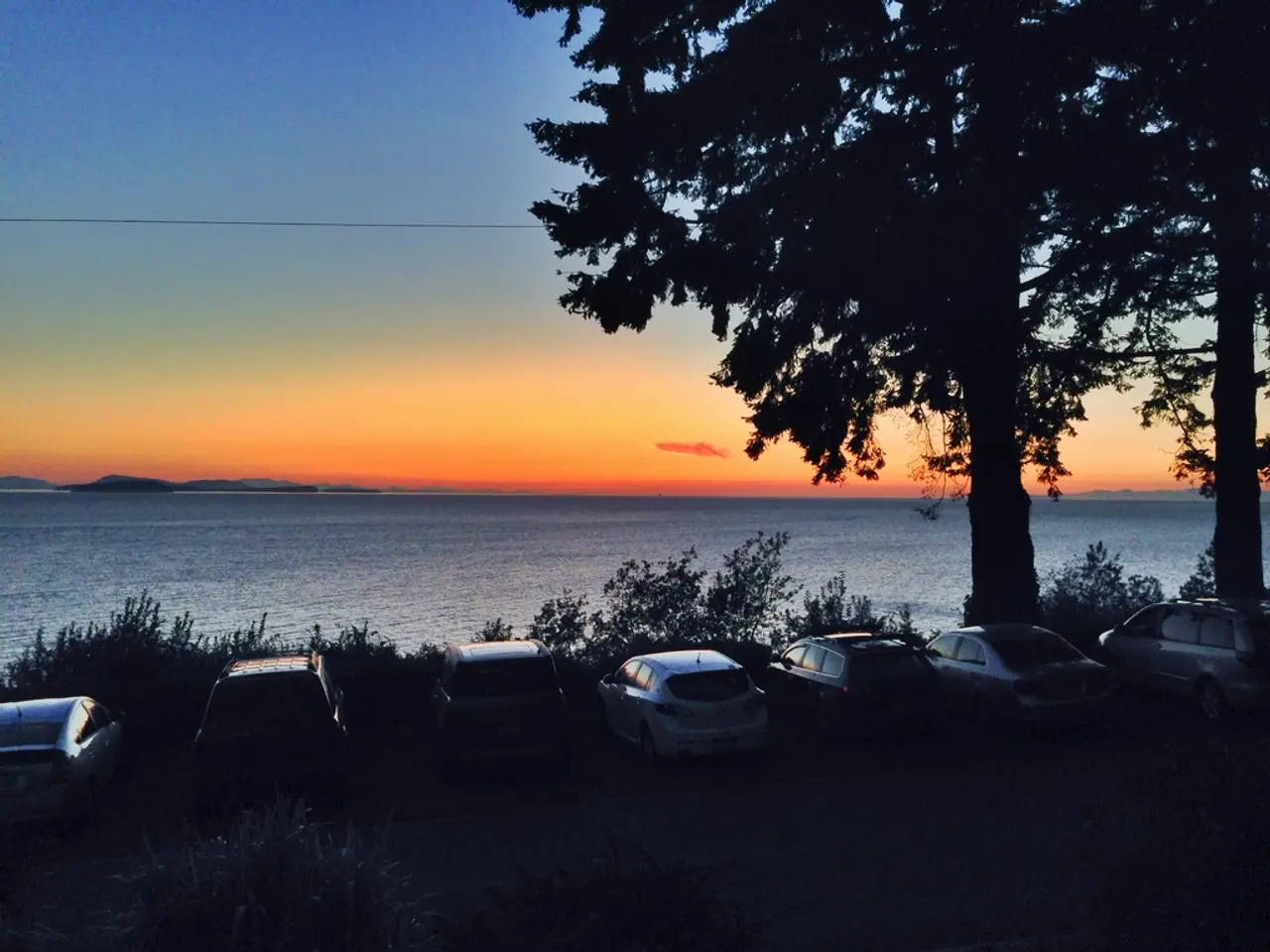Experience a tranquil retirement in an Asian nation, characterized by its rich culture and laid-back lifestyle.
Affordable Paradise: Discovering the Philippines
The Philippines, an archipelago nation located in Southeast Asia, is a popular destination for travellers and retirees alike. With a population of over 110 million people, it ranks as the 12th most populous country in the world.
For those considering a move or a visit, the cost of living in the Philippines is relatively low compared to Western standards. A couple can expect to spend between $1,200 to $2,500 per month on living expenses. This affordability extends to retirement, making the Philippines an attractive destination for those seeking a comfortable lifestyle at a lower cost.
The Philippines offers a variety of tourist attractions. Boracay, Palawan, and El Nido are some of the country's most popular destinations, known for their sandy beaches, colorful reef diving, turquoise waters, secret coves, and limestone towers called karsks.
Getting to the Philippines is a straightforward journey. It takes approximately 15 hours on a nonstop flight from Los Angeles, with Philippine Airlines being one of the options. If you're flying from elsewhere, Cathay Pacific offers connecting flights that typically layover in Hong Kong before the final leg to Manila's Ninoy Aquino International Airport.
The Philippines is home to a large, active expat population, especially Americans, with an estimated 220,000 expats living in the country. English speakers will find the Philippines ideal, as many locals speak English. Some popular expat hubs include Manila, Cebu, Dumaguete, Davao, and Subic Bay.
For foreign investors, the Philippines offers the Foreign Investment Visa (FIV) and the Special Resident Retiree's Visa (SRRV). The FIV requires a qualifying investment of $75,000 to $100,000 or more, depending on the industry sector. On the other hand, the SRRV is the flagship retirement visa in the Philippines, issued by the Philippine Retirement Authority (PRA) in Metro Manila.
The SRRV comes in several varieties. The SRRV Classic requires a monthly pension of $800 for singles ($1,000 for couples) and a bank deposit of $10,000 to $20,000. The SRRV Human Touch is for retirees needing medical care, requiring a $10,000 deposit and proof of health insurance. The SRRV Smile is for early retirees aged 35 and over, requiring a $20,000 bank deposit but no pension.
The National Health Insurance Program, PhilHealth, provides subsidized care to all citizens and registered foreign residents, including those on SRRVs and FIVs. While public hospitals offer basic coverage, the private health care sector in cities like Manila, Cebu, Davao, and Makati features internationally accredited hospitals and clinics.
It's important to note that the Philippines struggles with infrastructure and medical care compared to other parts of Southeast Asia. However, the SRRV and FIV offer permanent residency, indefinite stays, and multiple re-entries; family inclusion for spouses and dependent children under 21; tax-free import of personal effects up to $7,000; and seamless travel in and out of the country.
Recent searches showed round-trip fares for under $800 to the Philippines. For U.S. citizens, a 30-day visa-free stay is offered. The best time to visit the Philippines is November to February, when the weather is driest and coolest.
Dumaguete, located on Negros Island, is another gem in the Philippines. Known for its universities, cultural landmarks, and festivals, Dumaguete offers a unique and vibrant experience for visitors and expats alike.
The ritzy life in Manila is around 70% less expensive than in the U.S., making it an appealing destination for those seeking a more affordable lifestyle. With its beautiful landscapes, affordable cost of living, and welcoming expat community, the Philippines is a destination worth considering for your next adventure.
Read also:
- Impact of Alcohol on the Human Body: Nine Aspects of Health Alteration Due to Alcohol Consumption
- Understanding the Concept of Obesity
- Tough choices on August 13, 2025 for those born under Aquarius? Consider the advantages and disadvantages to gain guidance
- Microbiome's Impact on Emotional States, Judgement, and Mental Health Conditions







